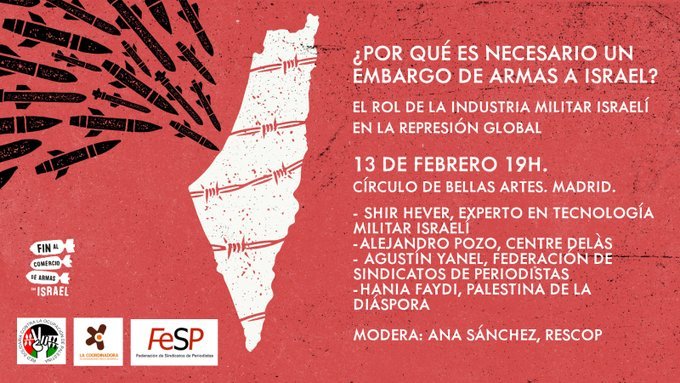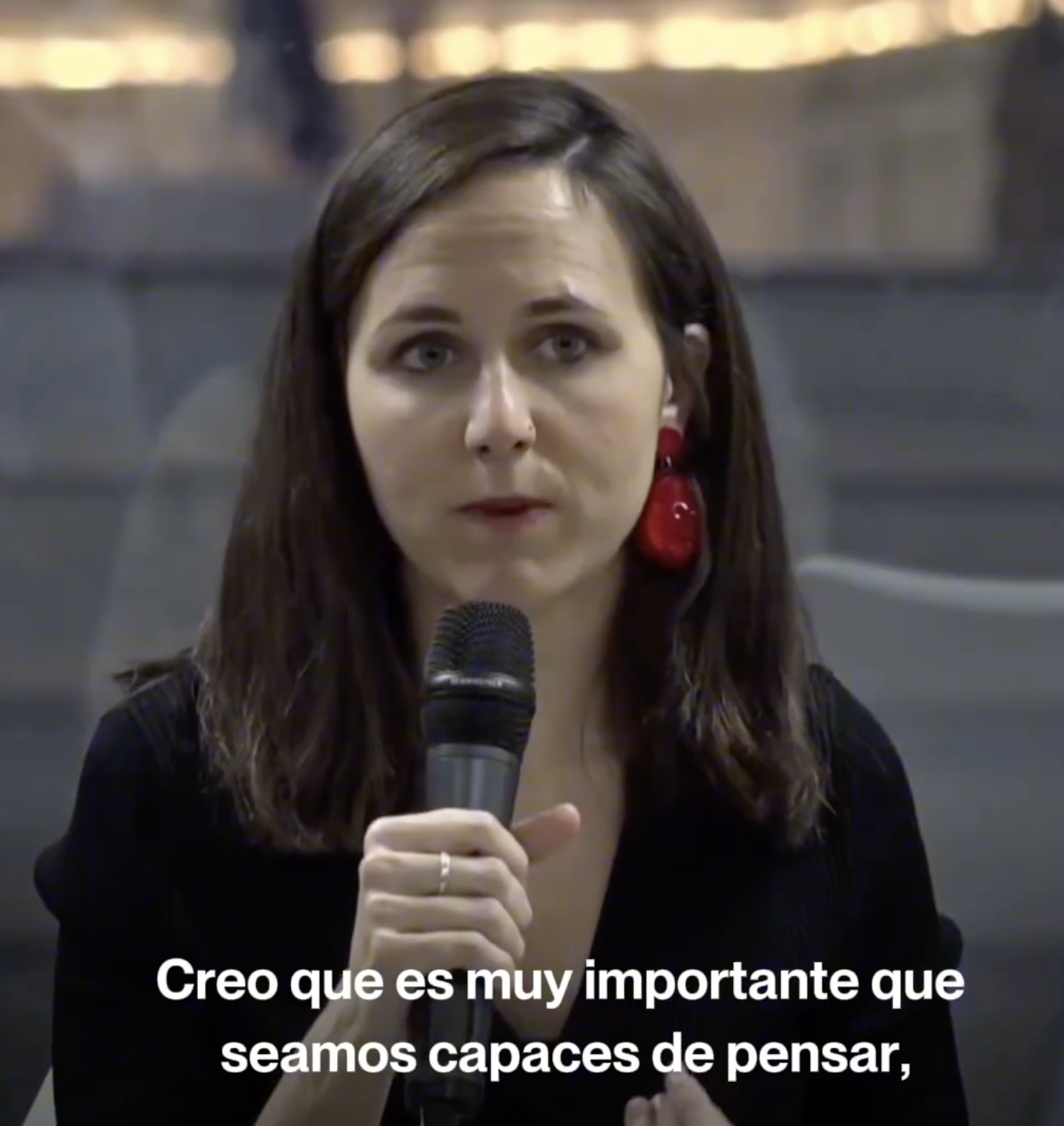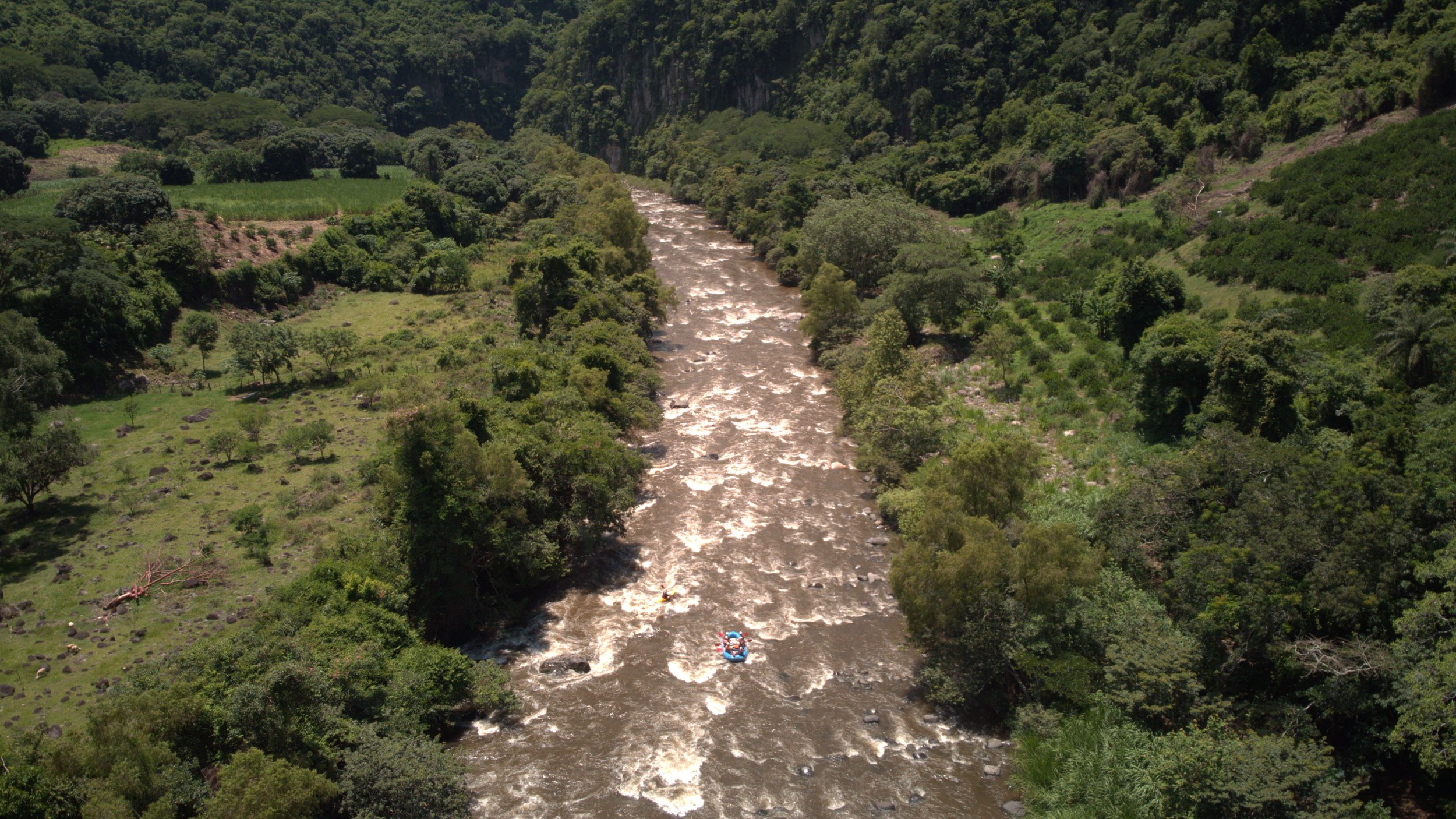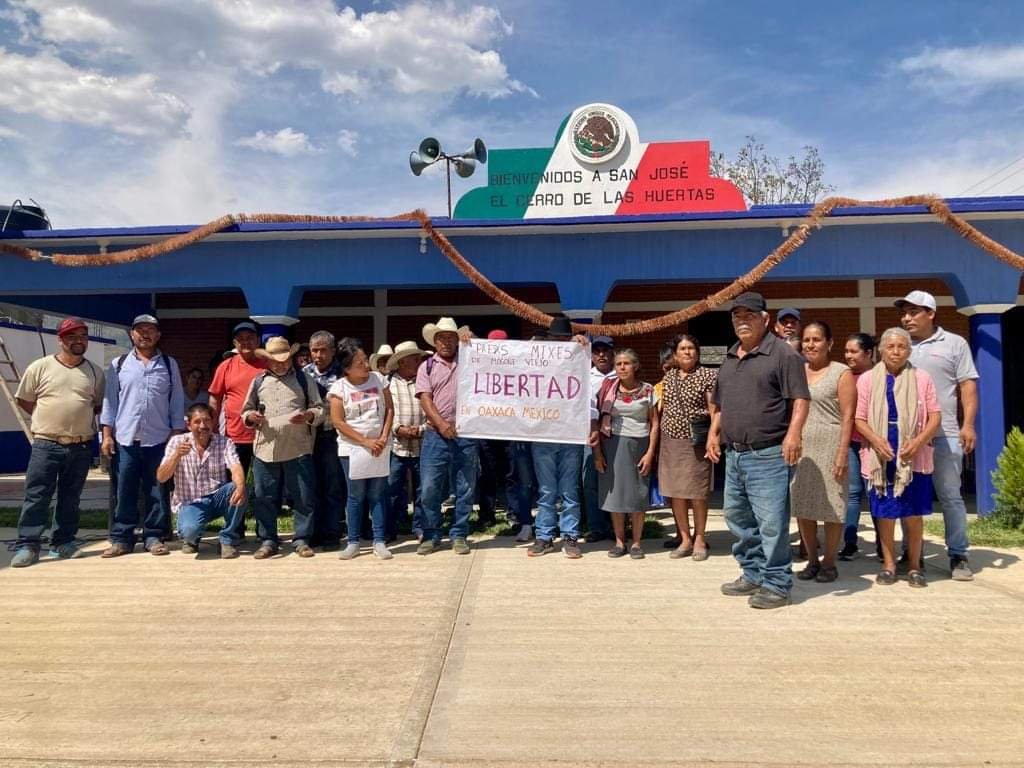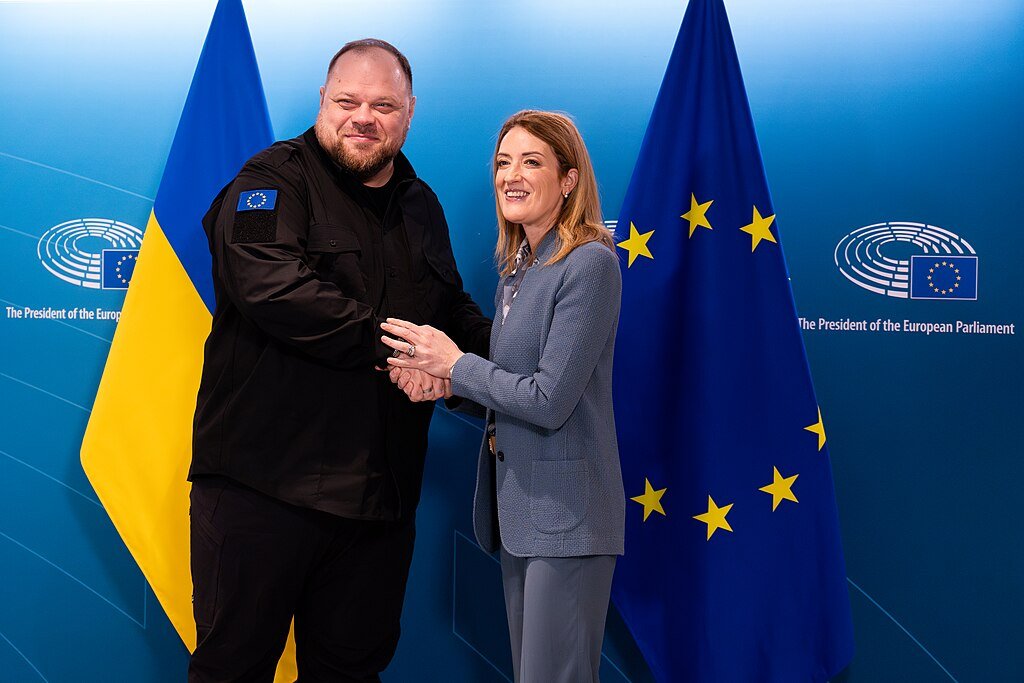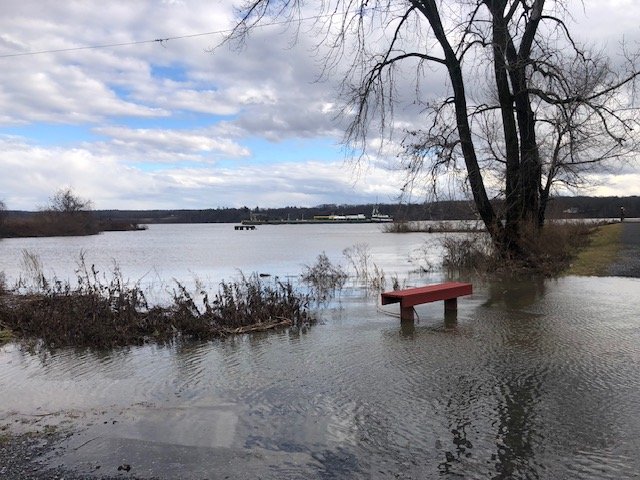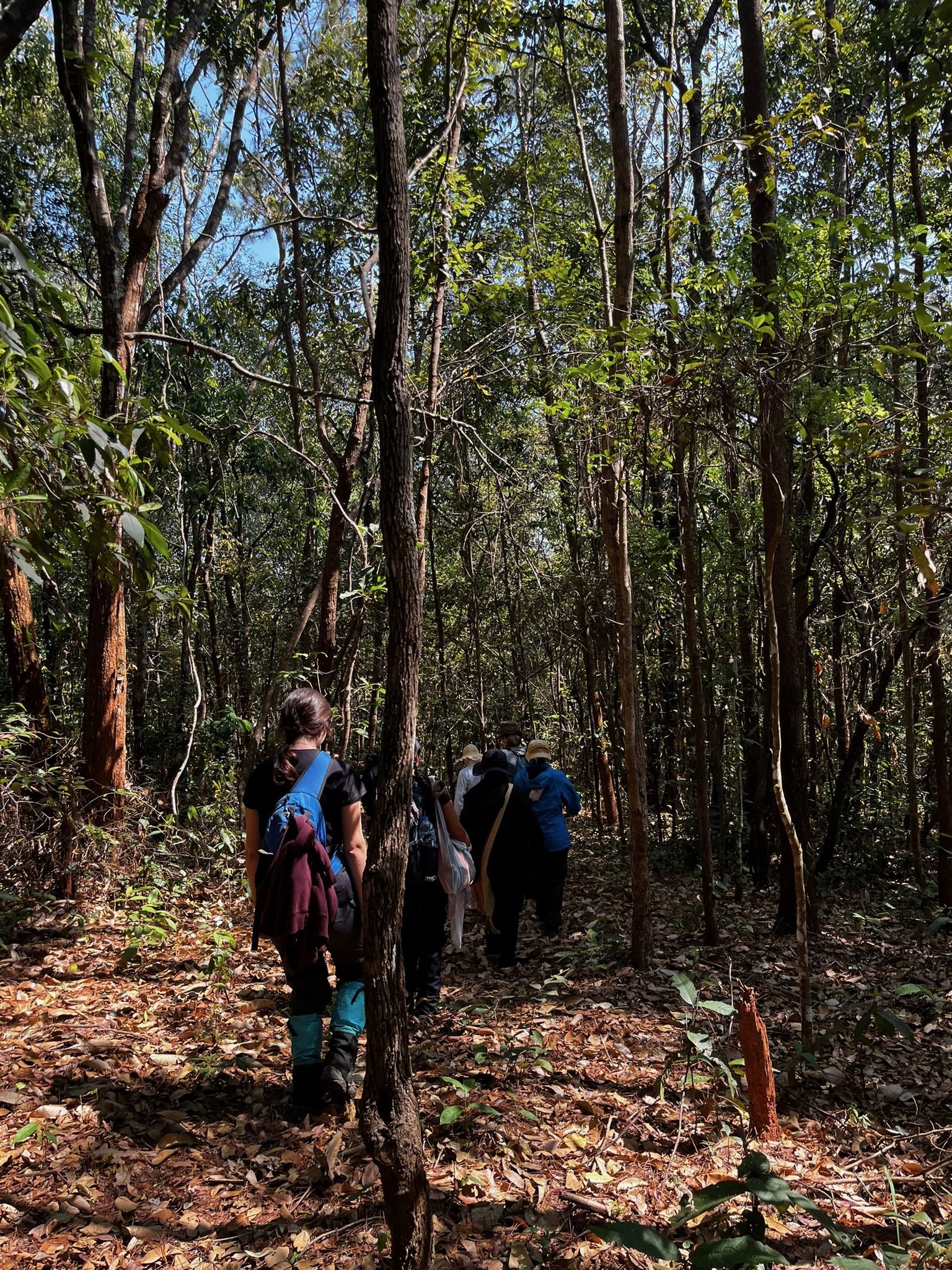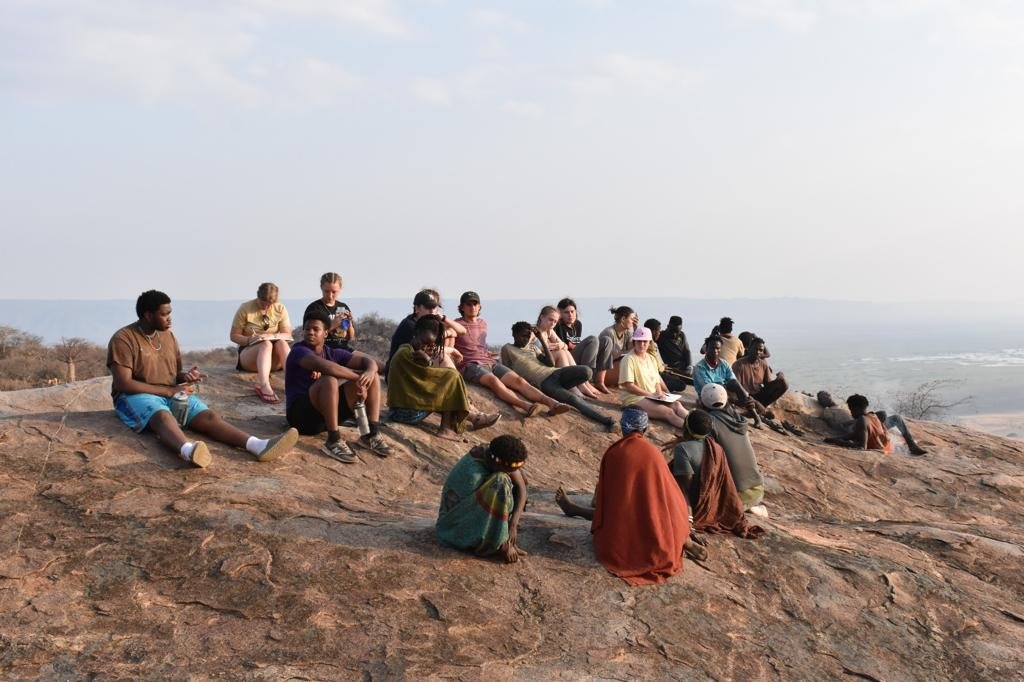
Stories
News

Analysis
Voices
Podcast
Announcements
Events

All Stories
Byte the Bullet: NYT Takes on Tech Titans in a Copyright Showdown Over AI
In a seismic collision of technology and journalism, December 2023 witnessed The New York Times (NYT) thrusting the issue of artificial intelligence (AI) into legal and ethical crossfires. The NYT lodged a lawsuit against tech giants and AI-industry leaders Microsoft and OpenAI, pinpointing their ChatGPT language model for alleged copyright infringement. The charge is weighty: ChatGPT purportedly harnessed millions of NYT articles, even those shielded behind paywalls, to mold its language learning capabilities.
Child Care and the New York State of the State Address 2024
No one seems to be talking about how criminally underpaid child care professionals are in New York State. A coalition of child care providers, advocates, and parents, the Empire State Campaign for Child Care, has announced that child care workforce compensation and development are the top policy priority for the industry. There is consensus about this priority among providers, advocates, and parents outside of the statewide coalition as well. Child care professionals rank among the lowest paid professions in New York State. As the workforce behind the workforce, child care professionals facilitate the working lives of millions. If they remain underpaid and abandon the industry, which they have been over the last few years, the collapse of the child care industry would create unimaginable social ruptures. The child care community wants better pay and government support to achieve it. Will Governor Hochul say anything about child care? Will she invest in workforce compensation for child care professionals?
Netanyahu, Collateral Language, and the Gaza Effect
When Israeli Prime Minister Binyamin Netanyahu spoke with international media on October 30, he ostensibly sought to clarify Israel's objectives in its ongoing military assault in Gaza. In doing so, he revealed yet again how language grounded in colonial denial serves to clear the way for the most extreme, even genocidal forms of violence. He also revealed, however, that Israel's brutal bombardment of Gaza may be providing an opening for us to revive a different, more liberating kind of language, one that survives the propagandistic weapons of colonial discourse as embers in the rubble of generational trauma.
Colonization in Palestine is an Objective Reality, Not a Talking Point
As recently as a few years ago, it would have been very unusual to see an article in a major US publication openly trying to refute what much of the world knows: that Israel’s project in Palestine is a settler colonial project. The standard practice was simply to ignore the colonization issue. Yet in recent months, we are seeing more and more pieces seeking to debunk the “decolonization narrative,” all the more so since Israel began its genocidal assault on Gaza after the Oct. 7 Hamas attacks. This is a welcome sign that the colonizers are losing control of the narrative.
“This is not a defense”: Retired Spanish General on Israel’s War in Gaza
As Israel continues its brutal assault on Gaza, I continue to be struck by the difference between some of the news coverage here in Spain (as imperfect as it is) and the coverage I am used to seeing back home in the U.S. In my previous article, I wrote about the Spanish public television program La Noche en 24H and the interview they aired with former International Criminal Court prosecutor Luis Moreno Ocampo. Today I focus on a subsequent interview from the same program aired last night (October 19, 2023).
Media Confronting Genocide: Open Discussions vs. “Shadow Bans”
As I noted in my recent report on Madrid’s October 15, 2023 Palestine solidarity march, protesters here in Spain have been seeking to focus attention on the genocidal aspects of Israel’s actions in Gaza. “No es una guerra, es un genocidio!” (“It’s not a war, it’s a genocide”) is one of the most common slogans heard at these solidarity events. For this reason, I was very interested in an interview featured in Spanish public broadcaster RTVE’s nightly news program La Noche en 24H last evening (October 18). Program host Xabier Fortes sought to shed light on the genocide issue by speaking with one of the most important international voices on war crimes prosecution. It was a refreshingly direct conversation.
“Israel Kills, Europe Sponsors!”: Spaniards Mobilize for Palestine, Call Out EU Complicity
As the Israeli military continues to subject Palestinians in Gaza to a brutal siege accompanied by heavy aerial bombardment, citizens around the world are rising up to express their solidarity with Palestinians and to demand that Israel and its international supporters be held accountable. At a march held in the Spanish capital, Madrid, protesters sought to focus attention on the role of the European Union (EU) in enabling Israel’s war crimes.
Information Activism for Indigenous Rights in Thailand: An Interview With Pi Phnom
In the first article in this series, I explored some of the systemic injustices faced by Indigenous communities in Thailand as well as their efforts to build networks of solidarity. To provide additional insight into the subject, I had the opportunity to speak with Pi Phnom, an Indigenous journalist based in Northern Thailand. He is known for founding the Indigenous Media Network (Thailand) and has collaborated with other Indigenous organizations such as the Inter Mountain People Education and Culture in Thailand Association (IMPECT) on many pertinent Indigenous issues in the country.
Indigenous Rights are Land Rights are Human Rights
Indigenous rights are human rights. This article, in combination with a forthcoming interview, discusses how Indigenous communities are continuously disenfranchised by systemic injustices in Thailand and how individuals and networks work toward a more equitable world through creativity and solidarity.
The Impact of Climate Change on North Country Farmers
“I am not optimistic. I think it will get harder and harder.” This was St. Lawrence County (NY) farmer Dan Kent’s response when asked how climate change will impact local farmers in the years to come. Localized farming practices have both economic and environmental advantages for the North Country. But with warming temperatures and varying weather patterns, local farmers in the region will need to find ways to adapt in order to maintain their livelihoods and retain the benefits of local food systems.
The Democratic Skylight: Confronting Spain’s Enduring Politics of Violence
“You wouldn’t believe the things people have screamed at me in this room.” Our tour guide for the Democratic Skylight/El Tragaluz Democrático exhibition in Madrid’s La Arqueria didn’t mince words when she brought us into the room containing materials related to Spain’s 1921-1926 colonial war in Morocco. I had previously read about this vicious war (generally known as the Rif War), in which Spain deployed a range of chemical weapons against civilian populations, but I had naively assumed that this aspect of the country’s history was relatively well known.
How Copenhagen’s Most Devastating Rain Storm Inspired Climate Adaptation and Reunited a Community
On the evening of an otherwise warm and comfortable June day in 2011, Copenhagen, Denmark, experienced a rare but intense natural disaster that would forever change its approach to climate resilience.
6 Key Takeaways from Spain’s “Debate of 7”
In my first article from Spain, I set the stage for the country’s upcoming national elections on July 23, focusing on the threat posed by resurgent fascist movements. Now it’s time to dig deeper into the complex political dynamics animating the campaign as well as some of the social forces shaping how the campaign is being waged and covered in the media.
Spain: Here Come the Fascists (Who Never Really Left)
In just over two weeks, Spanish voters will go to the polls for national elections, and the implications - both within and beyond the country - couldn’t be more far-reaching. I just arrived in Madrid and will be spending the next 12 months here, and I hope to provide Weave News readers with a critical, justice-oriented perspective that might be missing from much of the mainstream media coverage of Spanish politics. So, why are these elections so important?
We Are Not Powerless: Advocating For Clean Water and the Rights of Rivers
Recently, wildfire smoke darkened our skies in northern New York, making being outside unpleasant to downright unhealthy. We experienced what it’s like when something fundamental that we take for granted, such as clean air, isn’t available. Here in the North Country, far from big cities, we expect clean air; yet we were powerless to do anything about the air pollution we were suddenly suffering. Clean water is also fundamental to our well-being. We expect our waterways to be clean and healthy, but clean water is under threat from pollution.
The Battle for Quinta Torre Arias: From Common Ground to Private Playground
Once a noble countryside estate, Quinta Torre Arias is now a public park in the Spanish capital, Madrid, with gardens that welcome the community. However, current Madrid mayor, José Luiz Martínez-Almeida of the People’s Party, has different plans for the park, and the threat of its return to privatization looms.
Danish Energy Resilience: Local Decisions With Global Implications
While much of the world uses the energy crisis as an excuse to invest more in fossil fuels, the small country of Denmark has taken an alternative route. Through direct government action and promoting the adoption of renewable energy, Denmark is accelerating the achievement of its climate goals while breaking its dependence on Russian fossil fuel supplies.
8M Demonstration in Madrid: Where Women’s Struggles Meet Workers’ Struggles
The color purple took over the main streets of Madrid. Thousands of women and allies holding up signs were waiting for the demonstration to begin. I have never seen so many people gathered together – people from all ages and backgrounds prepared for this rally to begin.
Incendiary Commentary: The Ninots of Las Fallas, Valencia
A fiery tradition in Valencia, Spain, called Las Fallas is held annually from March 1 to 19. Festivities happen throughout the day and night, including firework shows like the grandiose and explosive Nit del Foc on March 18, which uses between two to 4.5 tons of gunpowder, and parades such as La Ofrenda and Mascleta. On March 19, the burning of freestanding doll-like figures called ninots, La Cremà, makes the city a chaotic playground that reflects upon social and political realities of the day.













